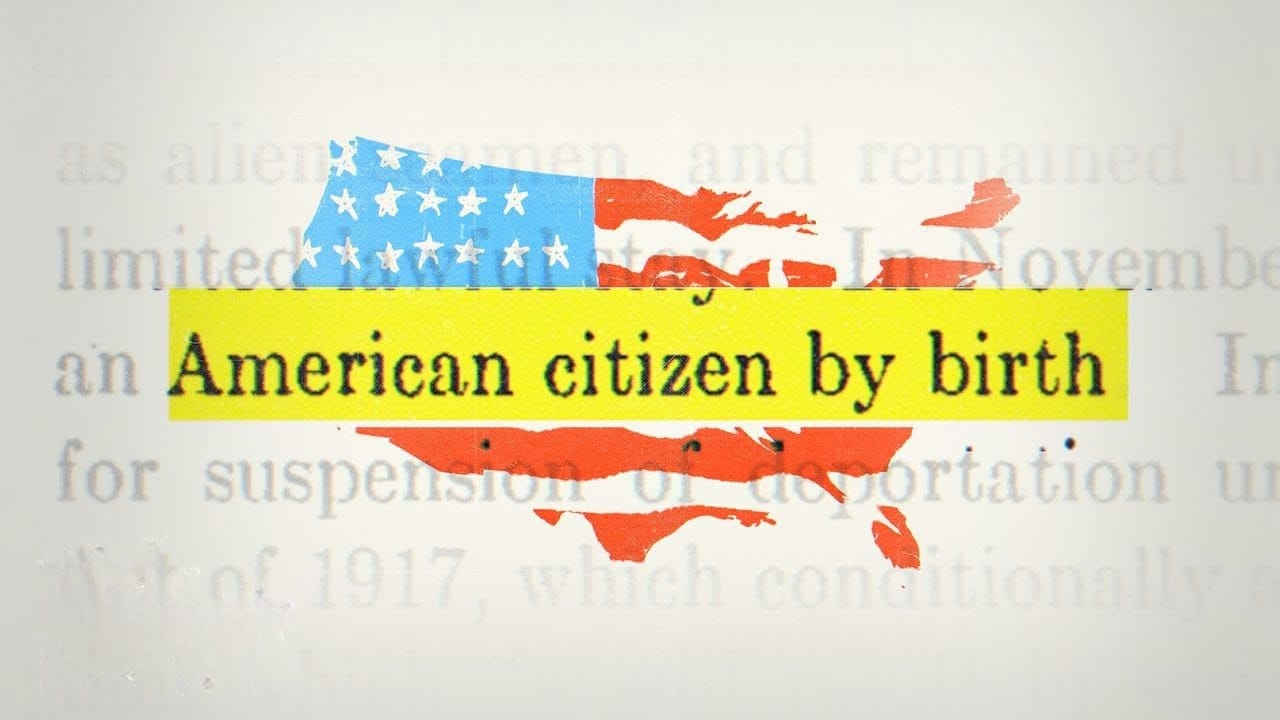Part 1: It All Comes Down to the 14th Amendment
Simple Explanation:
After the Civil War, America needed to legally guarantee citizenship rights to formerly enslaved people.
In 1868, the 14th Amendment was passed. Its key line:
❝
"All persons born or naturalized in the United States ... are citizens of the United States."
Why it mattered:
Before this, citizenship was murky. Some states denied citizenship based on race.
The 14th Amendment said: If you’re born here, you belong here.

Part 2: Why It’s Still a Big Debate Today
Simple Explanation:
Some countries (like Germany and Japan) tie citizenship to bloodline, not birthplace.
In the U.S., where you're born is what matters.
That’s why debates sometimes pop up, especially around immigration. But overturning birthright citizenship would require a huge legal change — it’s deeply woven into America's Constitution.

Conclusion:
Birthright citizenship isn’t just a policy — it’s a core part of how the U.S. defines who belongs. Rooted in the struggles of the past, it remains one of the most defining (and fiercely protected) aspects of American identity.
Enjoy explainers that make big ideas simple? Subscribe for more smart stories every week.
Quick Summary of Structure:
Section | Purpose |
|---|---|
Introduction | Hook interest |
History (14th Amendment) | Give the origin story |
Timeline graphic | Show key moments |
Modern day debate | Make it relevant now |
World map graphic | Give global comparison |
Conclusion | Tie it back to bigger idea |

